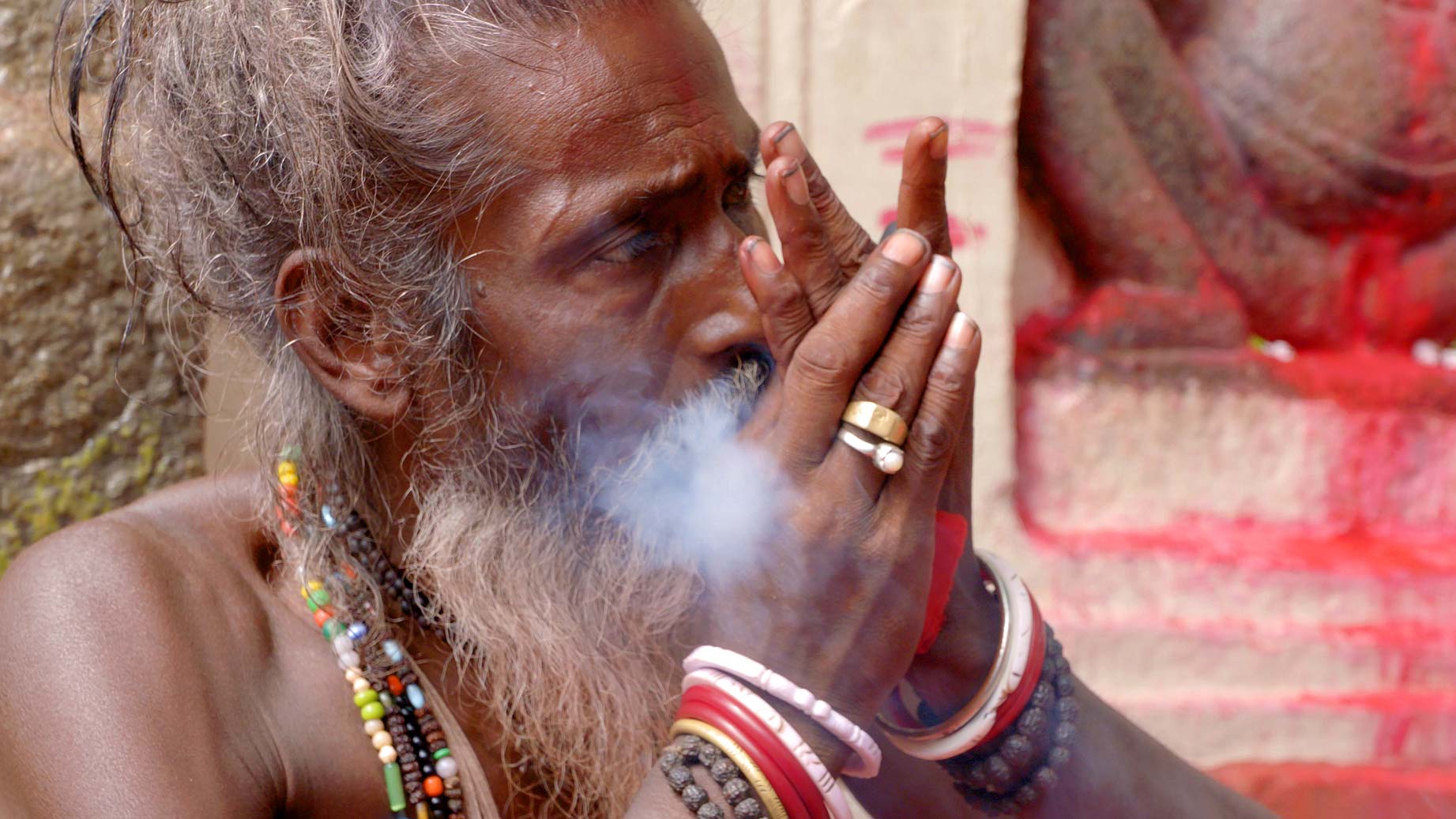

It is the second episode in this ground breaking series of natural history films about the Brahmaputra River. The story of a river that has as yet never been told. For Hindus this river is the Son of the Creator. Of all the rivers that flow through the subcontinent the Brahmaputra is the only river to be considered male. All the rest, like the Ganges, are female. From its birthplace in the far west of Tibet and called the Yarlung-Tsangpo the river follows the suture line where the Indian subcontinent is still colliding with the Asian landmass, forcing it upwards. Dropping from the Tibetan Plateau, the river abruptly changes direction to flow to the south, cutting its way through the great mountain range of the Himalaya. Once crossing into India the river changes its name, cuts its way through the foothills and emerges onto the plains of India where it joins the Brahmaputra itself. The river now is wide and flows through many braided channels, and the direction is back toward the west. The river is still a dynamic force upon the region it flows through and every living thing is impacted by it. The valley of the Brahmaputra is the centre of one of the richest ecological areas on the planet; a region known as the East Himalayan Biodiversity Hotspot. This episode of the Brahmaputra series is centred on the region where the watershed flows directly into the Brahmaputra Basin, from India’s mountainous state of Sikkim in the west to the trans Himalaya mountains that border Tibet and Myanmar in the east. The area’s ecological riches have evolved because of the extreme diversity of habitats and climates contained within the region. In just over 200 kilometres the land falls from over 5,000 metres to just over 100 metres. There are high and seasonal Alpine grasslands, coniferous and broadleaf forests that merge with rainforest before dropping down to rich alluvial floodplains made fertile from silt created in the uplands of the Himalaya. However, most of the silt is carried on down toward the ocean by the Brahmaputra and its myriad tributaries. During the hot summer months the plains of India bake in the searing heat. As the ground heats, the winds shift to draw in moisture from the Indian Ocean. As the moisture laden clouds rise they cool and torrential rain falls to bring life back to an arid country. These annual rains allowed for the first farmers to plant crops and to change their lifestyle from being seasonal nomads to living in settlements that were to become large settlements and give birth to human culture. more
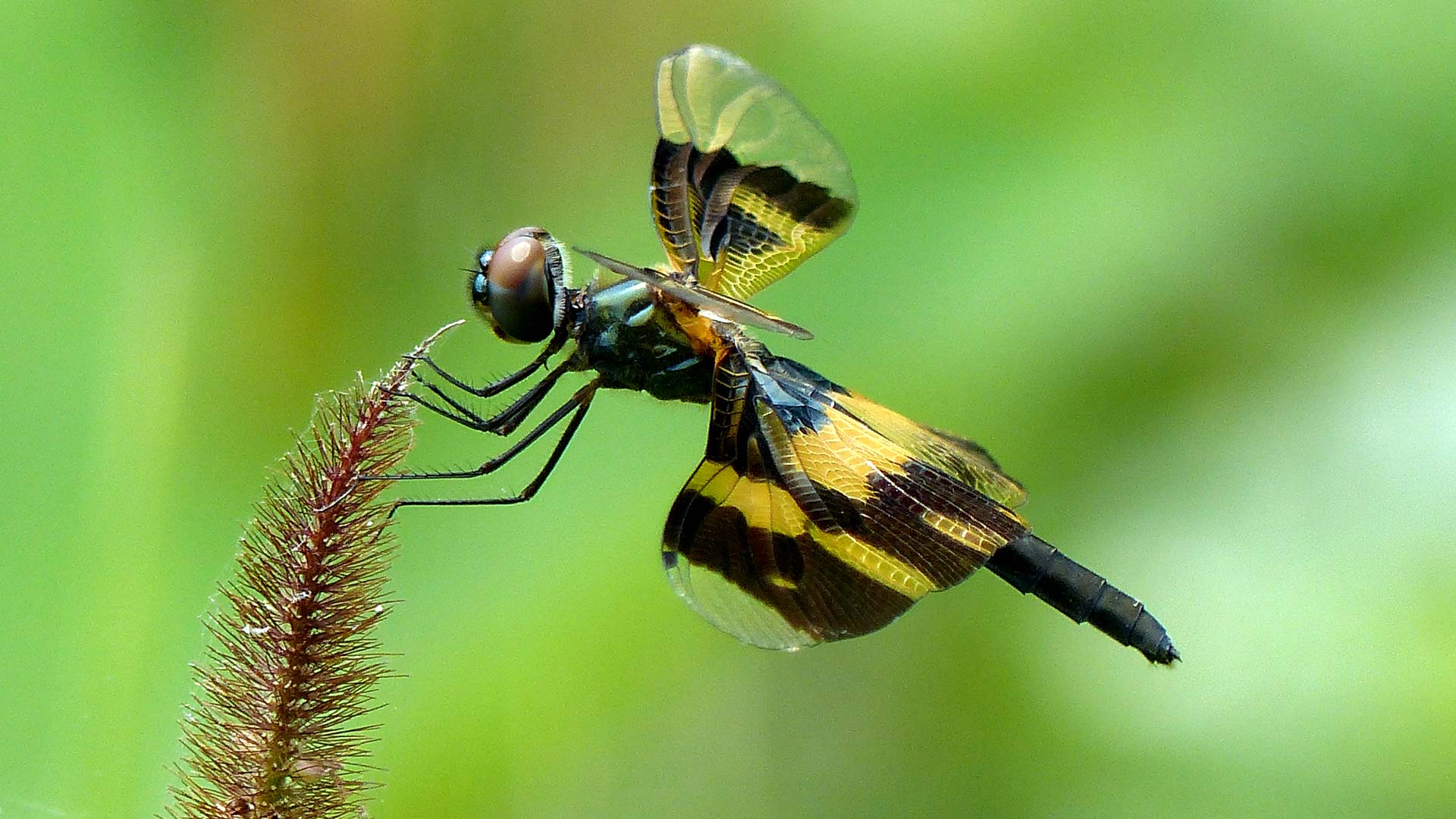
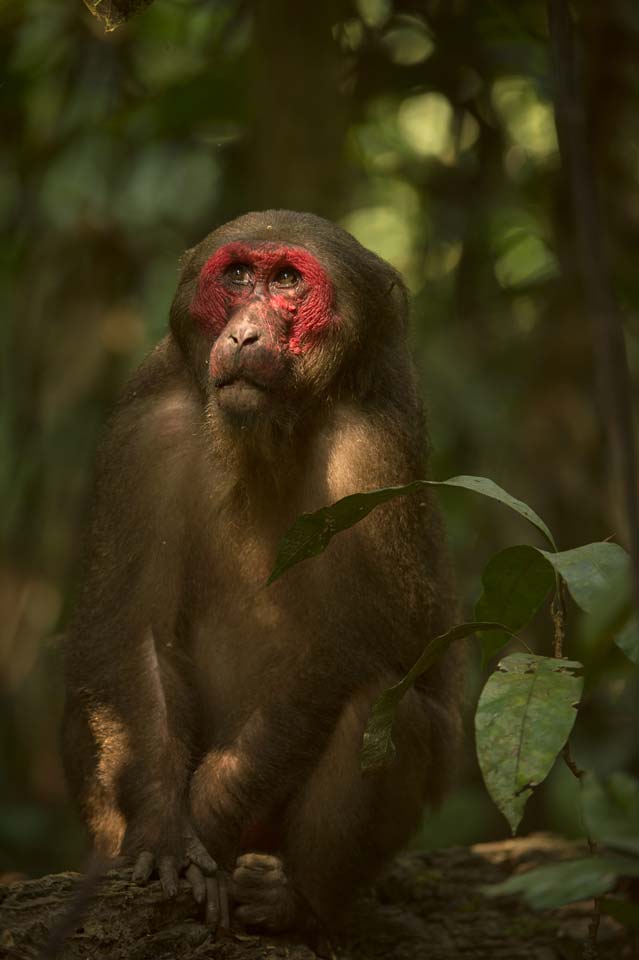
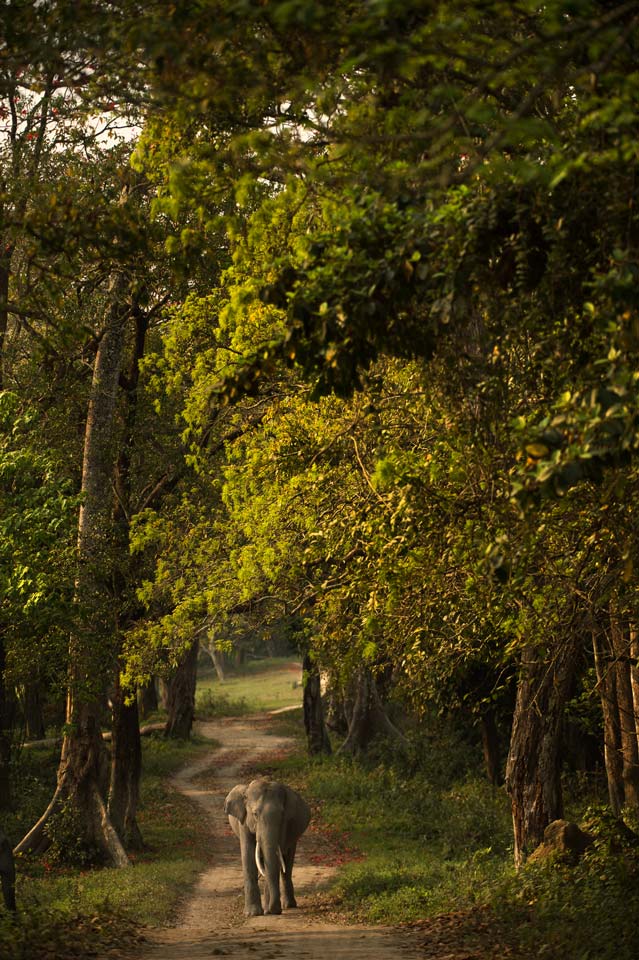
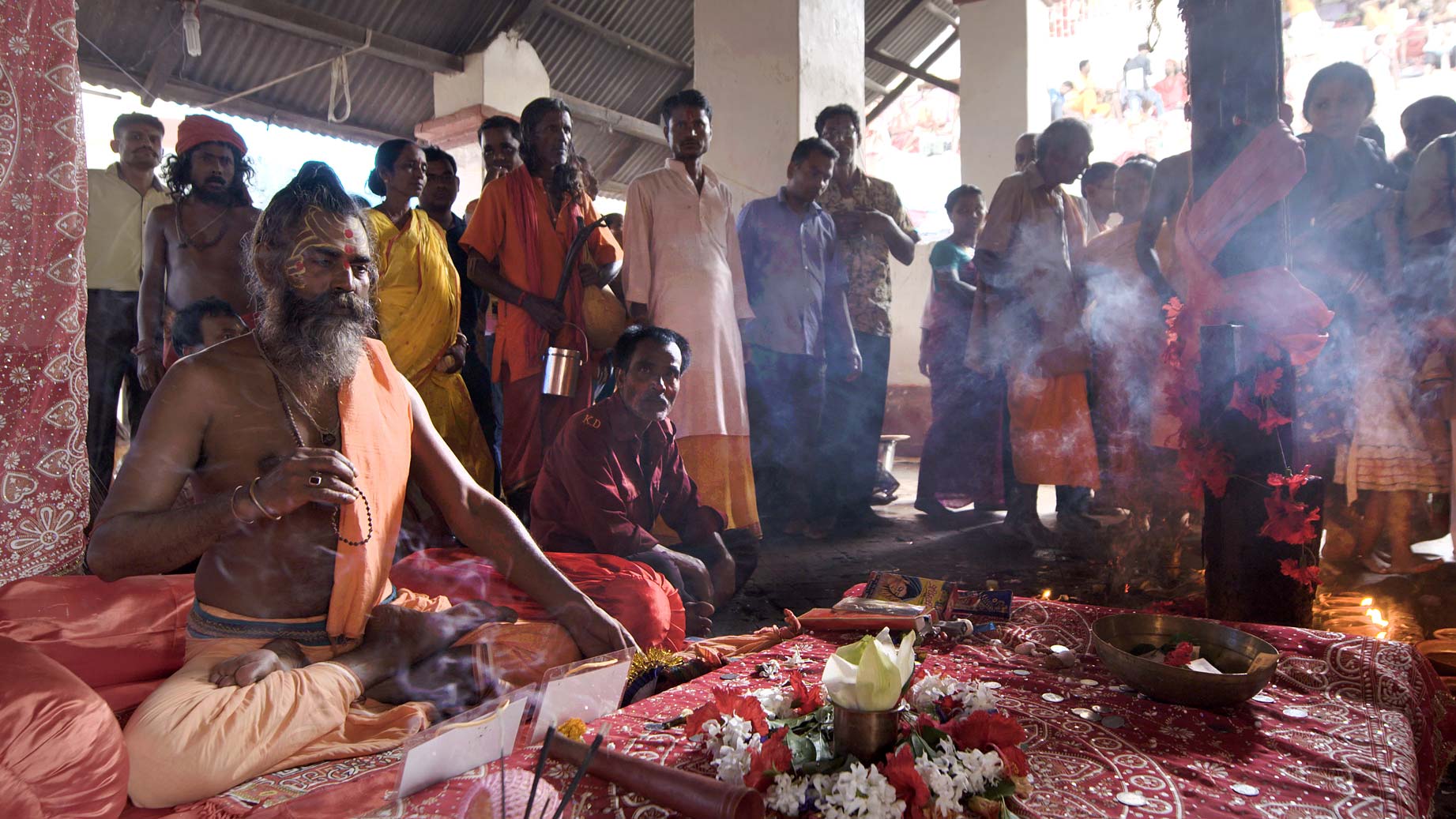
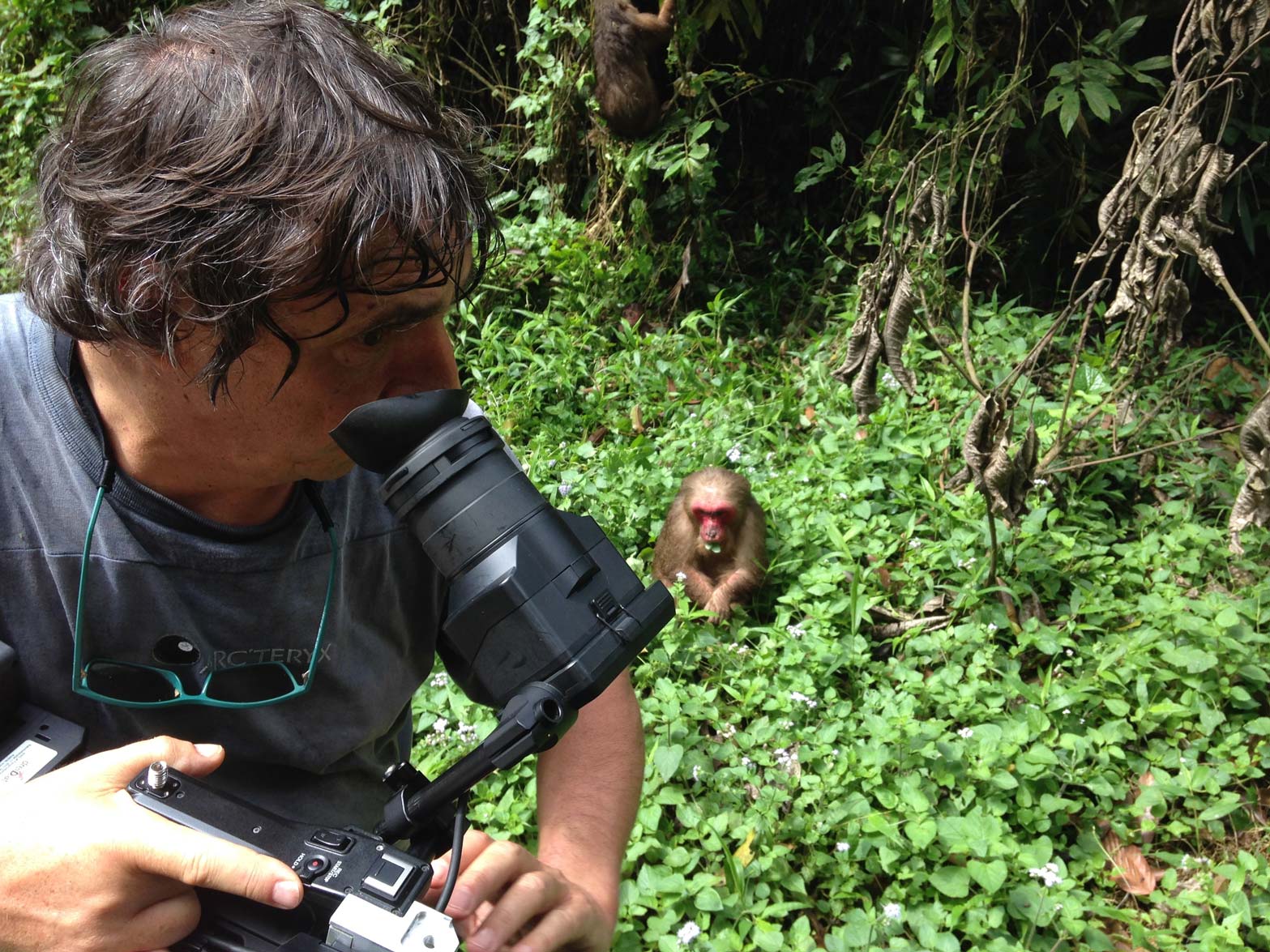
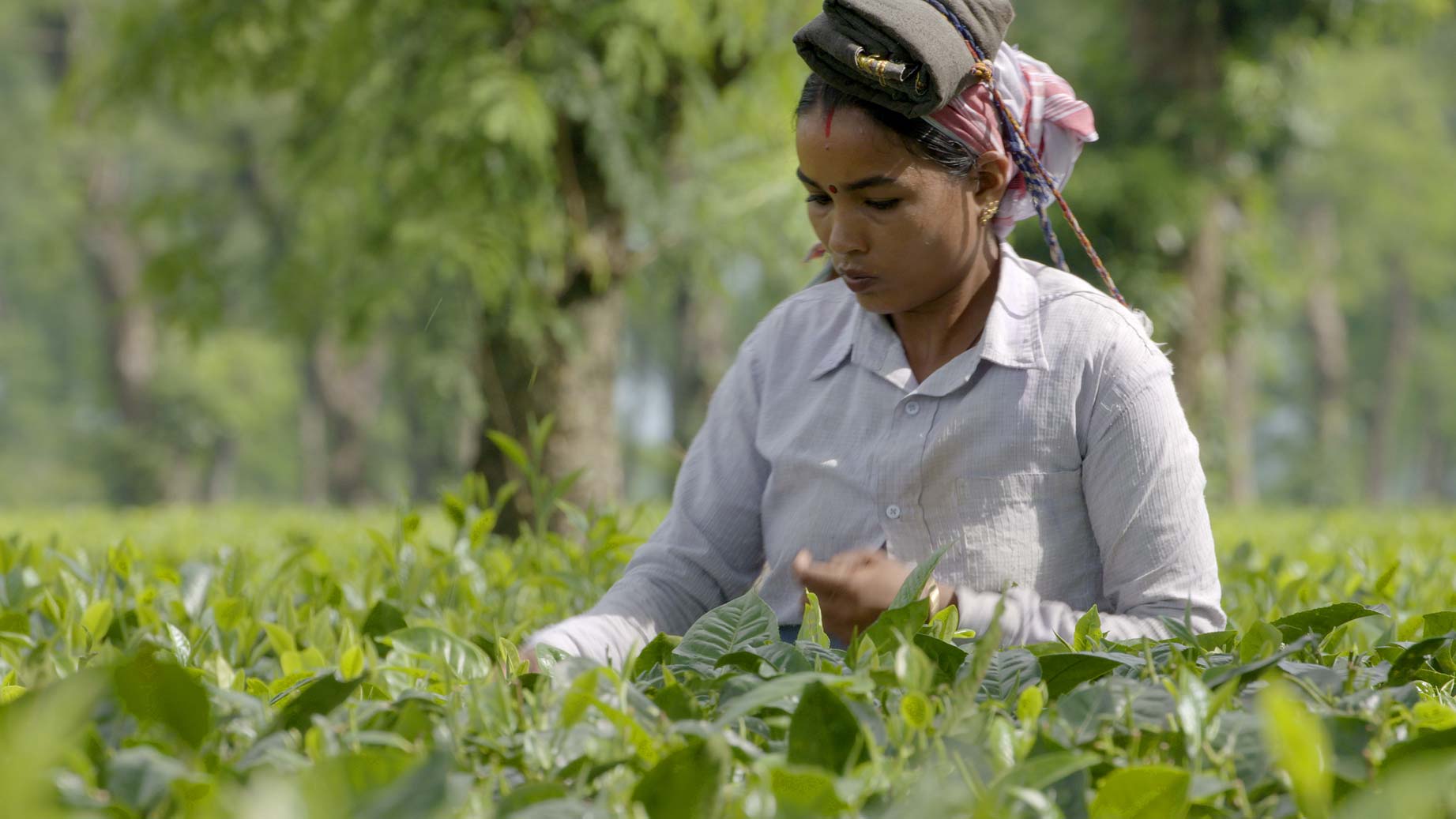
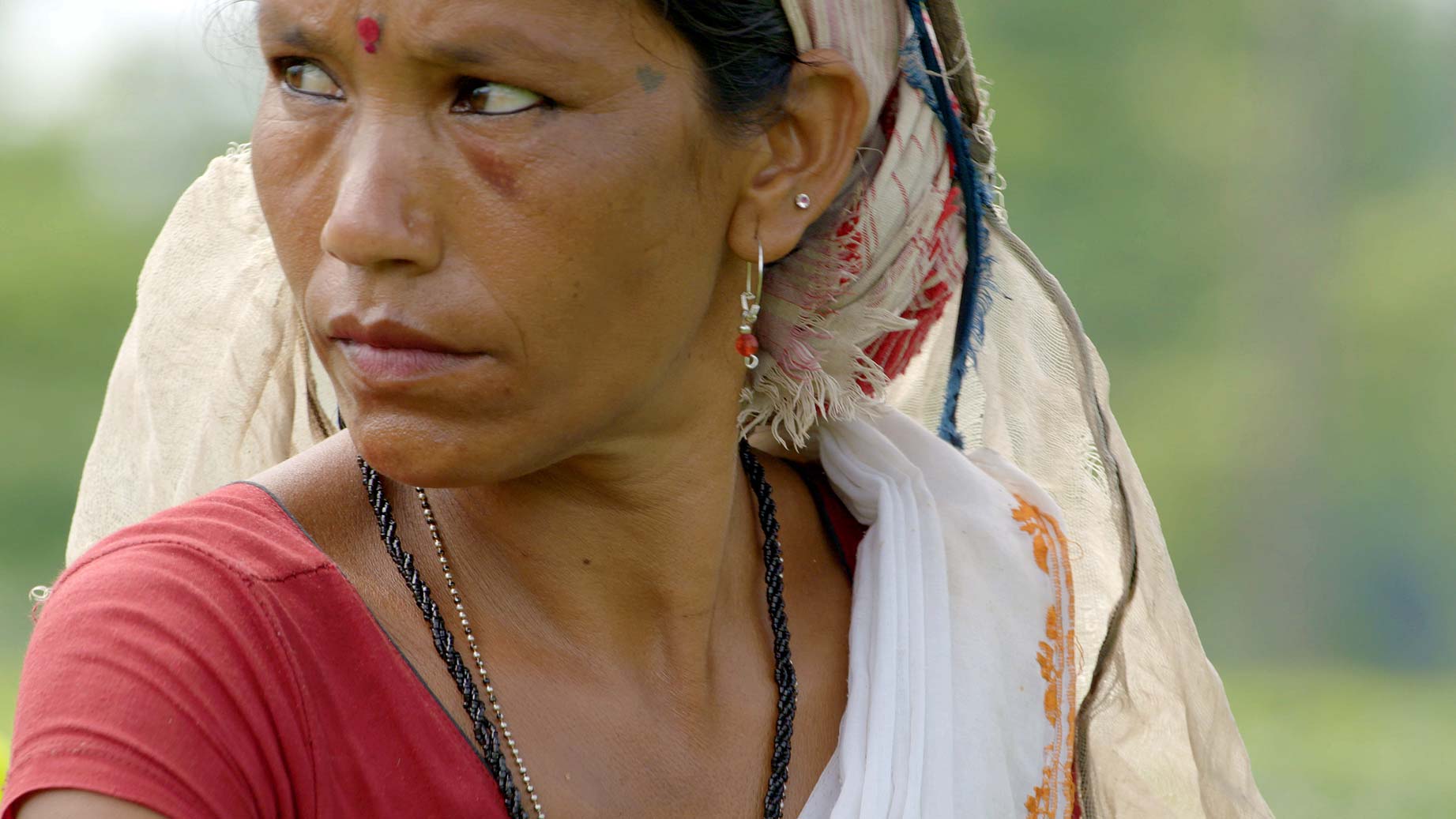
WRITTEN AND DIRECTED BY
Jeremy Hogarth
DIRECTOR OF PHOTOGRAPHY
Rolando Menardi
ADDITIONAL PHOTOGRAPHY
Johannes Pötscher
Sun Zhadong
AERIAL PHOTOGRAPHY
Kalyan Varma
Zhou Shicheng
ASSISTANT TO CAMERAMAN
Engelbert Obex,
Florian Wollinger
Günter Schinnerl
SCIENTIFIC CONSULTANT
Peter Praschag
LOCATION MANAGERS
Kalyan Varma,
Tanmoy Ghosh,
Rupali Ghosh,
Tamding Bhutia
Hemanta Das
TRANSPORT SERVICES
Network travels Guwahat, Hermanta Das
Tsozum Tours Sikkim, Tamding Bhutia
EDITOR
Lukas Kogler
ORIGINAL MUSIC
Erwin Kiennast
NARRATOR
Neil Nightingale
SOUND POST PRODUCTION STUDIO
Blautöne das Tonstudio
SOUND DESIGN
Bernhard Zorzi
RE-RECORDING MIXER
Michael Plöderl
FOLEY ARTIST
Bernd Dormayer
FOLEY RECORDIST
Simon Proksch
SOUND POSTPRODUCTION COORDINATOR
Eva Reithofer
ONLINE & GRADING FACILITY
ViennaFX postproduction
ONLINE
Christian Vollenhofer-Rohlfing
Patrik Thonhauser
COLOR GRADING
Lee Niederkofler
MASTERING
Christian Vollenhofer-Rohlfing
VISUAL EFFECTS PROVIDED BY
ViennaFX postproduction
VFX ARTISTS
Pirmin Zdebski , Oliver Rautner , Benjamin Philiipvich
Christoph Steiner, Stefan Omnitzer, Rene Reiter
Patrick Thonhauser, Nicole Wörgartner
SPECIAL THANKS TO
The Government of India
The Government of Assam
The Government of Arunachal Pradesh
The Government of Sikkim
PCCF Assam, Department of Environment and Forests Assam
NATIONAL TIGER CONSERVATION AUTHORITY INDIA
Kaziranga National Park
Manas National Park
Wildlife Trust of India
Pygmy Hog Conservation Programme Assam
Durrell Wildlife Conservation Trust
Himalayan Zoological Park Gangtok
Assam State Zoo Guwahati
Sanatan Deka, Aftab Ahmed, Jaydev Mandal, Goutam Narayan, Parag Deka,
Sweta Bashyam, Deben Bora, Seema Lokhandwala, Joynal Abedin, Ilora Hatimuria,
Jyoti Garma, Pritam Chetry, Kong Partin,
Tenzing Lepcha, Nyma Tsering, Yangjor Lama
RESEARCH
Kalyan Varma, Dorothea Schwab, Violet Feng, Ellen Xu, Jochen Hemmleb, Bruno Baumann
LINE PRODUCER
Alexandra Herzog
EXECUTIVE PRODUCER
Lukas Kogler
PRODUCTION SUPERVISOR ORF
Roman Landauer
PRODUCTION SUPERVISOR CITVC
Zhang Xiao
COMMISSIONING EDITORS
Li Yawei, CCTV10
Andrew Solomon and Franz Fuchs, ORF
Helene Coldefy and Helene Ganichaud, Arte France
Susanne Hillmann, ZDF
SERIES EDITOR
Andrew Solomon
HEAD OF SPECIALIST FACTUAL ORF
Gerhard Klein
A Production of dreiD.at, pretv and EOS film
in Coproduction with CCTV , ORF and ZDF
in Association with ARTE and ORF Enterprise
copyright dreiD.at 2017